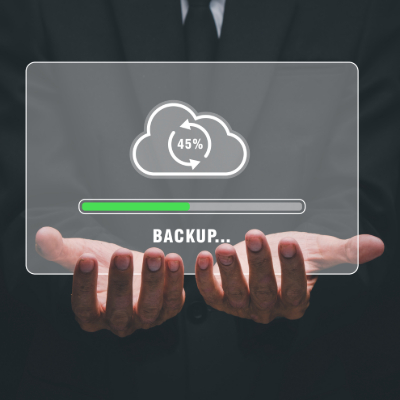When your business’ data is so crucial to your successful operations, there are certain precautions that you simply need to take for the sake of your business’ longevity. One such precaution: data backup. Your data is the gas that powers your business’ engine, whether you’re referring to project files and intellectual property or financial info and customer records. As such, imagine what it would mean if your business ran out of gas… or, more accurately, it was siphoned out.
Data storage can be difficult for SMBs to manage, but the cloud can make it significantly easier (and cheaper). There are real, tangible benefits of using the cloud for your data storage needs. Today, we’ll look at three major reasons why your organization should have cloud storage on its list of tech infrastructure priorities in the coming months.
In business, paper tends to pile up, gets lost, and sometimes mysteriously multiplies overnight like gremlins exposed to water. If your business is drowning in paper or struggling to find important files, it might be time to consider digital document management. But when exactly does it make sense to invest in this technology? Let’s break it down.
Since so much of the world is now online, businesses and organizations interact with people online now more than ever. This means they also collect people’s information, a practice they do for various reasons. Individuals need to consider their own data privacy and how it might be affected by business practices.
A compressed file (also known as a zip file) is a handy way to accomplish various tasks, although many people may not know what they are or do. We want to fix that, so we’re going over what a compressed file is and how to make one.






